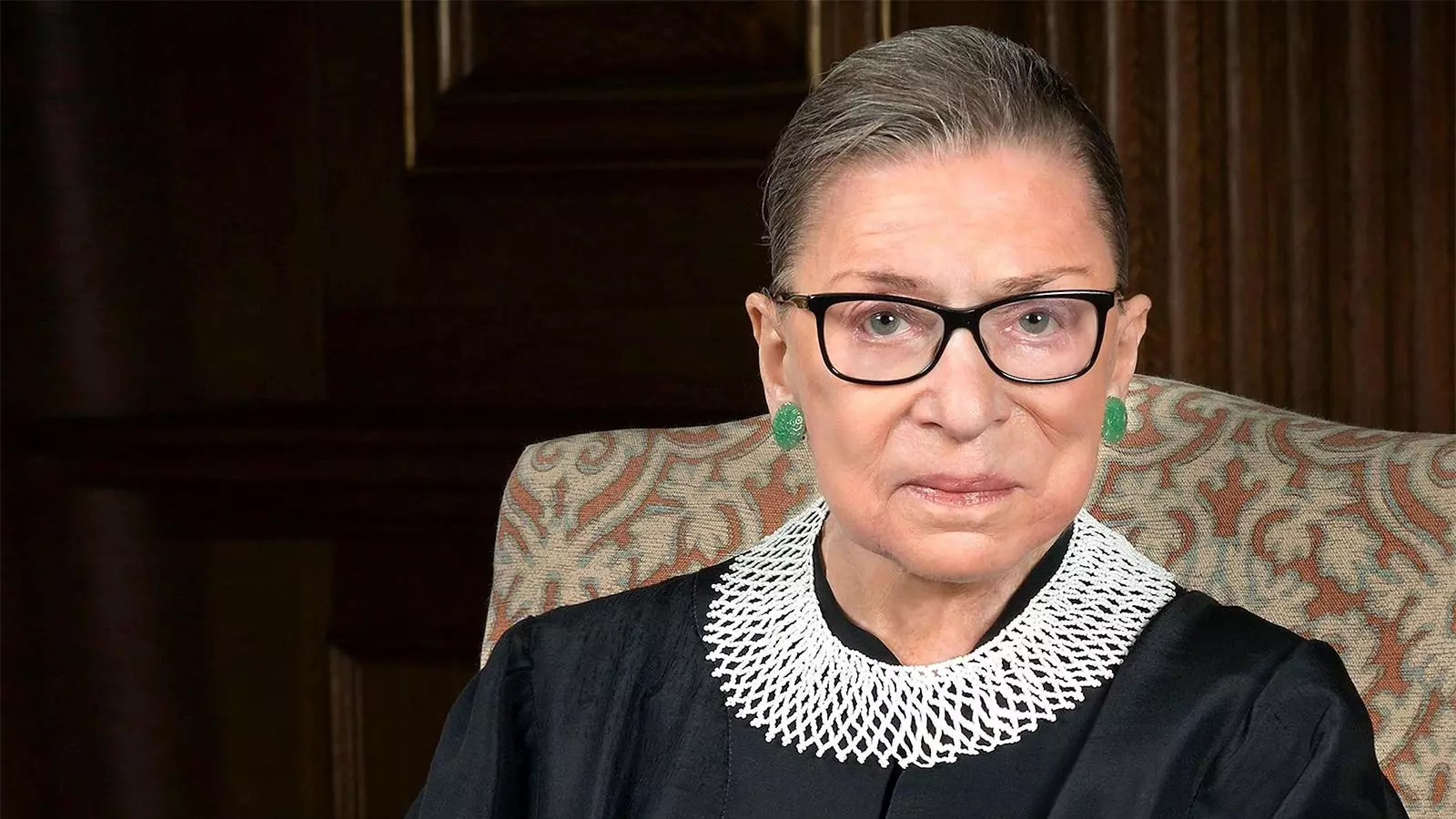The case involving Trent Russell, a former transplant coordinator, is a disturbing reminder of the significant breaches of trust that can occur within the healthcare system. Russell, 34, hailing from Bellevue, Nebraska, was sentenced on Thursday to two years in prison after illegally accessing the confidential health records of the late Supreme Court Justice Ruth Bader Ginsburg. This incident not only compromises the integrity of healthcare but also raises deep ethical questions about the responsibilities that come with handling sensitive information.
Although Russell was convicted of illegally accessing healthcare data and altering or destroying such records, the broader implications of his actions resonate far beyond the courtroom. During his tenure with the Washington Regional Transplant Community, Russell had the opportunity to make life-saving decisions, yet he chose to engage in behavior that compromised personal privacy and integrity.
The implications of Russell’s actions extend into the very fabric of the healthcare profession. As healthcare workers are entrusted with sensitive data, the breach of this trust can undermine public confidence in health institutions. This incident not only affects the individuals involved but also tarnishes the reputation of an entire field that thrives on the sanctity of patient confidentiality. The case illustrates how a single individual’s poor choices can cast a shadow over the ethical standards that many healthcare professionals uphold diligently.
Russell’s access to Ginsburg’s records was not just a random incident; he targeted the health information of a high-profile public figure at a time when her health was a topic of nationwide concern. This malicious intent is particularly disconcerting given the respect and privacy that should be afforded to all individuals, regardless of their public status. It begs the question: what kind of oversight exists to protect patients from similar breaches?
Adding another layer of complexity to Russell’s case are the questionable motives behind his actions. Prosecutors contend that he exploited a moment of national public speculation regarding Ginsburg’s health, suggesting that he posted false claims online, including a fabrication about Ginsburg’s death. While he was acquitted of the more severe charge of holding public misinformation, the implications of what he did are profound. Russell’s attempts to downplay his actions—claiming that a mere misstep involving his cat led to the breach—reflect a troubling lack of accountability. His refusal to accept responsibility and his insistence on providing feeble excuses highlight a disturbing culture of denial that can exist in cases of professional misconduct.
This behavior resonated profoundly during the trial and sentencing, drawing sharp criticism from prosecutors. Zoe Bedell characterized Russell’s actions as “truly despicable,” stating that they contributed to a culture of ethical decay. The court records, unfortunately, are redacted in a manner that obscures the name of the victim, yet it remains universally acknowledged that Ginsburg, as a prominent figure with a serious health condition, deserved special protection.
The sentencing decision by U.S. District Judge Michael Nachmanoff reflects the gravity of Russell’s breach. While Russell’s attorney, Charles Burnham, attempted to frame Russell’s healthcare work and military service as mitigating factors, the judge emphasized Russell’s failure to uphold the trust placed in him as a healthcare professional. He described Russell’s conduct as not merely careless but “truly despicable.”
Moreover, the judge made a poignant observation regarding Russell’s dismissal of responsibility, pointing out the irony of the sensitive health information of Russell’s own family member being protected while he had so callously undermined Ginsburg’s privacy. This symbolic juxtaposition underlines the ethical contradictions in Russell’s conduct.
Trent Russell’s case serves as a stark warning about the vulnerabilities in healthcare settings. It underscores the urgent need for rigorous oversight and stringent consequences for breaches of privacy. In an age where personal data is more accessible than ever, the importance of ethical safeguarding of sensitive information cannot be overstated. Ultimately, this case is not just about one man’s actions but a broader indictment of how we value, protect, and inform the public about those in positions of power and the sanctity of their privacy. As challenges to healthcare integrity continue to evolve, the commitment to ethical practices must remain unwavering.

Leave a Reply